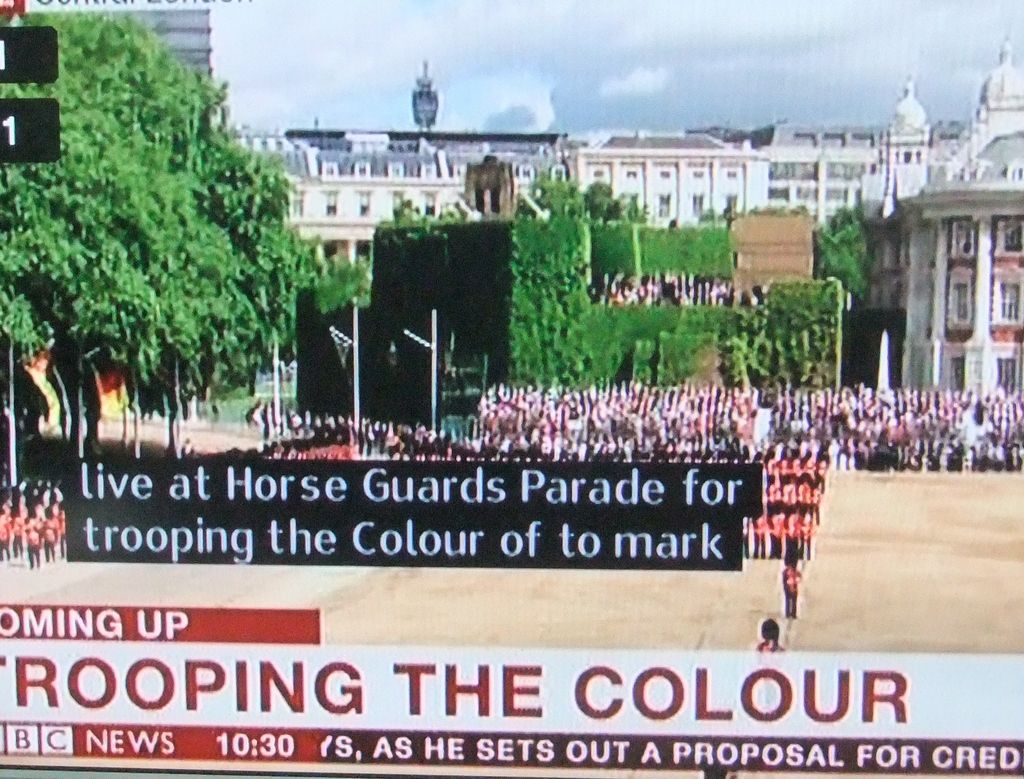A Hit for the Populists: Karol Nawrocki Wins Poland’s Presidency
EU's anti-populism offensive faces resistance from Poland
Image Credit: Getty Images
By Jim McDowell
June 4, 2025
Poland's presidential elections have dealt a blow to the Polish and European elites, as conservative candidate Karol Nawrocki, representing the nationalist Law and Justice Party (PiS), was confirmed as the new president. Defeating pro-EU mayor of Warsaw, Rafal Trzaskowski, by the slightest of margins (50.9% to 49.1%), Nawrocki's victory will have significant implications for Poland's future and its relationship with the international community.
As the polls closed, exit polls suggested a victory for Trzaskowski, the centrist, pro-EU candidate. However, as the early hours of Monday turned into daylight, the truth became clear—Nawrocki hadorms of Poland. The socially conservative Eurosceptic was declared the winner, craftily overcoming allegations and controversy surrounding his past.
Nawrocki's victory comes as a harsh disappointment to Poland's liberal and pro-EU government, led by Donald Tusk. Tusk's government, which has been in power for two years, had hoped that a president from its own Civic Platform party would help remove many obstacles to its legislative programme—but that is not to be.
With a parliamentary majority lacking, Tusk's government has been stymied in its efforts to push through reforms, particularly concerning the abortion law. Now, with Nawrocki, who takes office in August, likely to be as uncooperative on social changes as his predecessor, Andrzej Duda, the government will continue to grapple with resistance.
European countries, too, will find Nawrocki's victory unwelcoming. His presidency signifies the continuation of divided power in Poland and does nothing to strengthen the EU voice on Ukraine. Poland's position on Ukraine's fast-tracking into the EU remains uncertain, with its voice in the EU likely to remain divided.
The Polish People's Will
Despite the media silence in the early hours, the people of Poland spoke loudly and clearly, delivering the presidency to Nawrocki. This election signals the continuation of Poland's conservative tendencies and its skepticism towards the EU, particularly in regards to Ukraine.
While Nawrocki won the first round of voting, the margin between him and Trzaskowski was narrower than expected. With opinion polls showing support for Trzaskowski higher in the western part of the country than the east, Nawrocki's victory may be seen as a reflection of eastern Poland's growing disconnect from the European West.
Nawrocki's supporters, however, hailed his victory as a testament to the democratic process and the power of the people's will. The close election result and the intensity of the campaign, with crowded public meetings and intense televised debates, underscored the deep divisions within Poland and the passion of its citizens.
Crowded public meetings and intense televised debates highlighted the deep divisions within Poland and the passion of its citizens.
A Complex Candidate with a Complex Past
Karol Nawrocki, at just 42 years old, represents a new generation of Polish nationalists. Having spent the past four years as head of the Institute of National Remembrance and as director of the Museum of the Second World War in Gdańsk, Nawrocki has built a reputation as a scholar with a deep understanding of opposition to Communism in Poland.
Nawrocki's election, however, has sparked controversy due to his alleged involvement in the removal of monuments to the Red Army in Poland. He has also been known to espouse nationalist and sometimes controversial views. However, as a journalist and scholar, Nawrocki remains a figure of study and continues to intrigue many.
The Future of Poland and the European Union
In the coming months, the eyes of the world will be on Poland as it finds its new footing under the presidency of Karol Nawrocki. While Nawrocki's victory may represent a setback for liberal and pro-EU elements within Poland, it also stands as a testament to the power of the people and the democratic process. Poland's future trajectory within the European Union remains uncertain, but one thing is clear: the will of the Polish people has been heard, and their voice will continue to shape the nation's course.
Sources:- "Poland's conservative Nawrocki wins presidential election." Reuters, 2025.- "Karol Nawrocki: The man who may hold Poland's deepest secrets." The Guardian, 2025.- "Poland's anti-EU election: what does Karol Nawrocki victory mean for Europe?" BBC News, 2025.- "Are the Russian Monuments to the Red Army Coming Down in Poland?" The Diplomat, 2020.- "Poland's Eurosceptic Karol Nawrocki Holds Comfortable Lead." Bloomberg, 2025.
The deep divisions within Poland were showcased in the intense televised debates and crowded public meetings during the presidential election.
Despite the controversy surrounding Karol Nawrocki's past, his victory was seen as a testament to the power of the people's will.
Nawrocki's presidency may have implications for Poland's relationship with the European Union, particularly concerning the abortion law and Poland's position on Ukraine.
The future trajectory of Poland within the European Union remains uncertain, as the will of the Polish people continues to shape the nation's course under Nawrocki's presidency.







